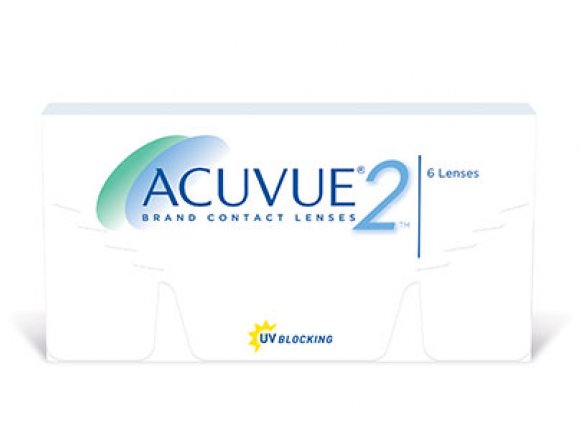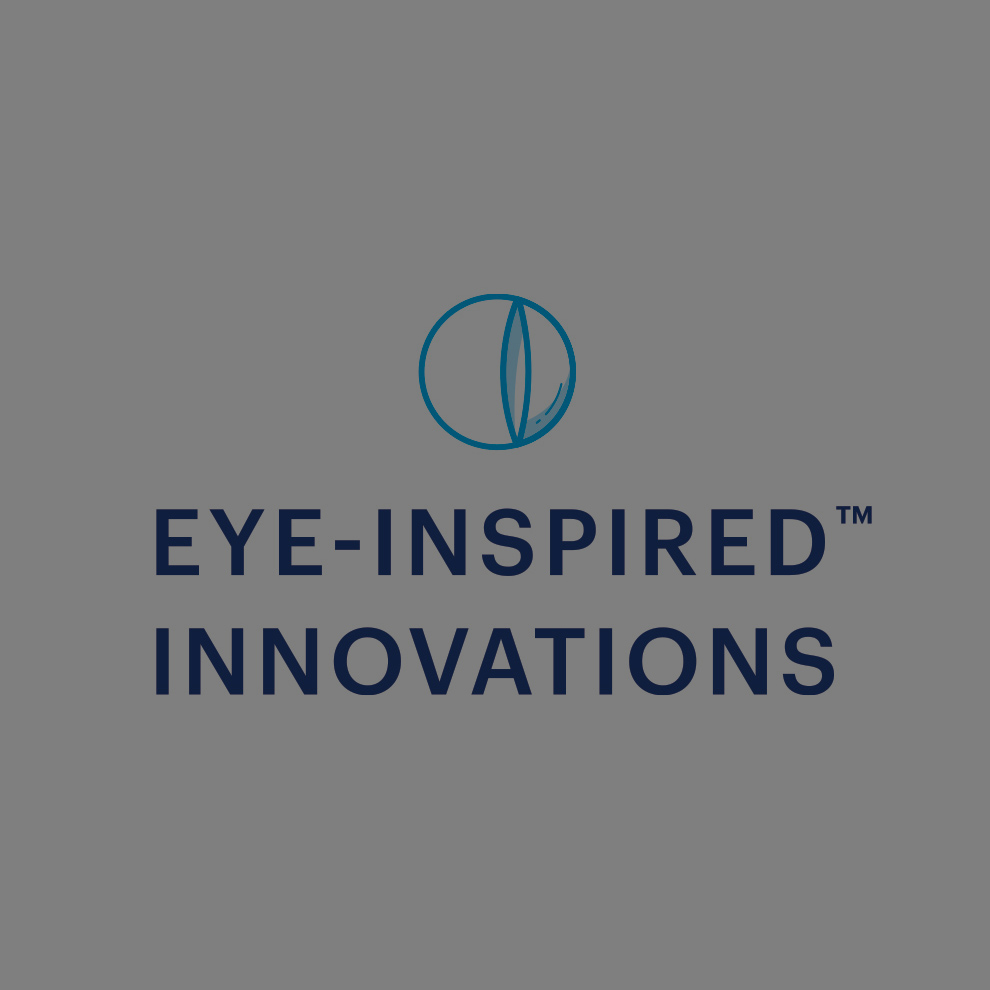ACUVUE® 2
ACUVUE® 2
Instructional Guides
Instructional Guides
Instructional Guides
ACUVUE® 2 2-Week, a lens for patients that want performance.
- With Invisible Edge Design, the lens contours to the eye and provides a soft lens wear feeling.
ACUVUE® 2 is known for its comfort and crisp vision correction. Plus, Class 2 UV Blocking against harmful UV Radiation.
- Two-week wear for clear, comfortable vision
- Has a soft lens wear feel
8.3 mm base curve/14.0 mm diameter
8.7 mm base curve/14.0 mm diameter
Power Ranges
–0.50D to –6.00D (0.25D steps)
–6.50D to –12.00D (0.50D steps)
+0.50D to +6.00D (0.25D steps)
+6.50D to +8.00D (0.50D steps)
| Lens material | Etafilcon A |
| Dk/t (edge-corrected)* | 25.5 x 10-9 |
| Dk/t (non-edge-corrected)** | 33.3 x 10-9 |
| Water content | 58% |
| UV blocker† | Class 2 |
| Centre thickness at -3.00D (mm) | 0.084 |
| Inside-out mark | Yes (1-2-3) |
| Visibility tint | Yes |
| Package size | 6 lenses |
ACUVUE® 2 helps protect the covered portions of the eye by blocking on average 88% UV-A and 99%† UV-B radiation from the sun.
* Oxygen transmissibility at centre - 3.00D lens using boundary-corrected, edge-corrected Dk values. Units: (cm/sec)(ml O2/ml x mm Hg) at 35° C.
** Oxygen transmissibility at centre - 3.00D lens using boundary-corrected, non-edge-corrected Dk values. Units: (cm/sec)(ml O2/ml x mm Hg) at 35° C.
† Helps protect against transmission of harmful UV radiation to the cornea and into the eye.
WARNING: UV-absorbing contact lenses are NOT substitutes for protective UV-absorbing eyewear such as UV-absorbing goggles or sunglasses because they do not completely cover the eye and surrounding area. You should continue to use UV-absorbing eyewear as directed. NOTE: Long-term exposure to UV-radiation is one of the risk factors associated with cataracts. Exposure is based on a number of factors such as environmental conditions (altitude, geography, cloud cover) and personal factors (extent and nature outdoor activities). UV-blocking contact lenses help provide protection against harmful UV radiation. However, clinical studies have not been done to demonstrate that wearing UV-blocking contact lenses reduces the risk of developing cataracts or other disorders.



